Detroit’s Revitalization Combines Old and New
For a city that filed for bankruptcy just five years ago, Detroit is on a path to revitalization that shows no signs of slowing down.
By Samantha Goldberg
The city of Detroit is undergoing a major transformation, as developers and investors increasingly recognize the metro’s potential to thrive with the right capital and projects. Bedrock Detroit, one of several firms under Daniel Gilbert’s Quicken Loans family of companies, is a major real estate player that has committed to the city’s revitalization, amassing a portfolio of more than 100 buildings and 16 million square feet since it moved its operations to downtown Detroit from the Michigan suburbs in 2010. The company has so far invested $2.5 billion in the Detroit central business district, with an additional $3 billion in the pipeline, rapidly changing the cityscape at a pace unseen in other metro areas.
Preserving the Persona
At the 2018 ULI Spring Meeting in the Motor City, attendees had the chance to tour several of Bedrock’s recent and upcoming projects, which often include historic preservation that keeps the character of many of the city’s older buildings while upgrading and repositioning assets in need of a refresh.
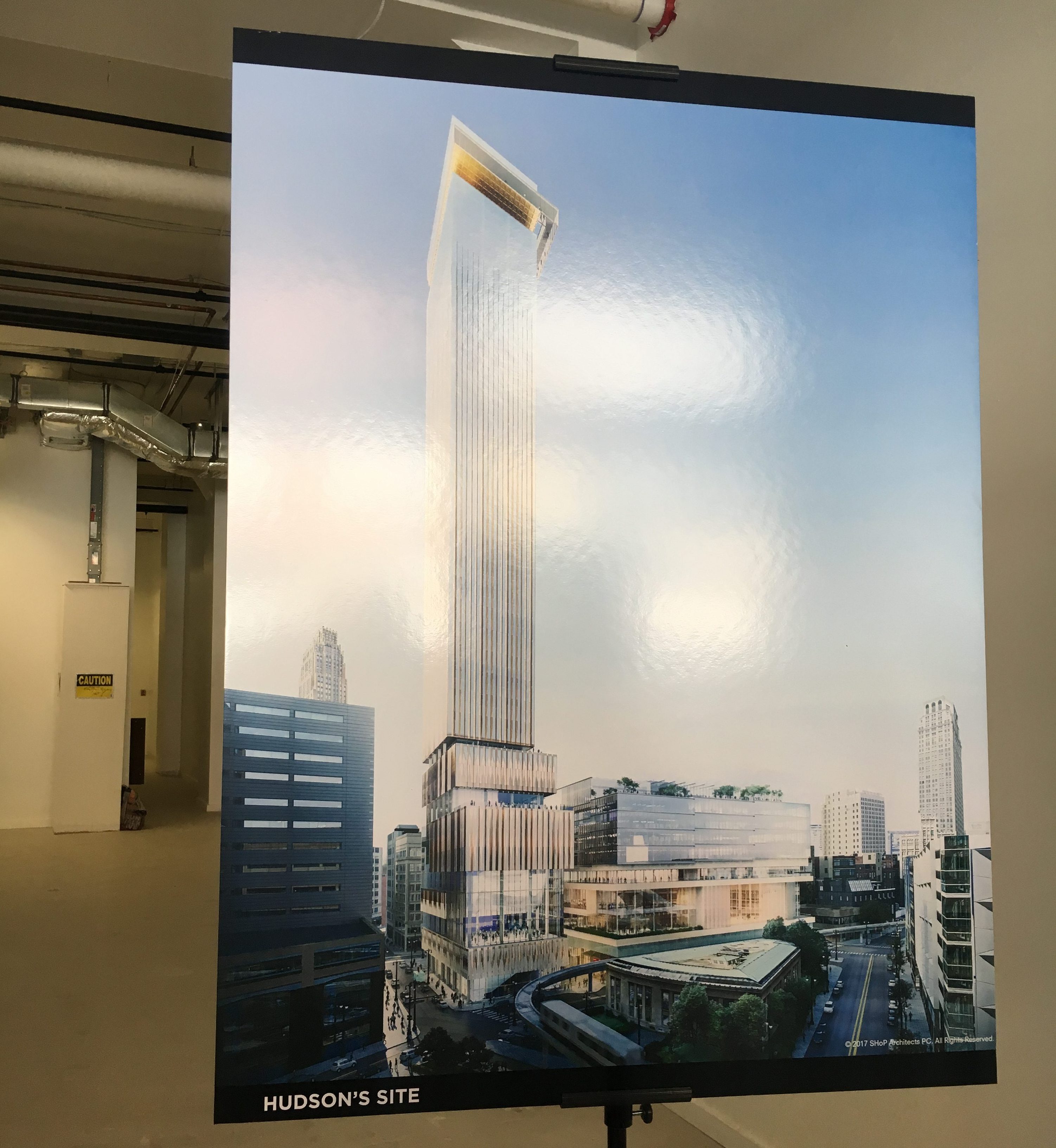
A rendering of the upcoming Hudson’s site, the $1 billion redevelopment of the former J. L. Hudson Co. department store into the tallest tower in Detorit.
Because of the lack of available office space in the city, with an average occupancy rate around 98 percent, according to the firm, Bedrock has had to build vertically.
“Detroit is going vertical,” Gilbert said in September 2017 in an announcement about the firm’s upcoming development pipeline. “In fact, that is the only way to create any type of significant expansion in the city because we are virtually at full occupancy for residential and commercial space in both downtown and midtown.”
For its upcoming Hudson’s site, which involves the redevelopment of the historic J. L Hudson Co. department store, Bedrock is developing the tallest tower in the city, at more than 800 feet tall. The project will include 100,000 square feet of retail, 240,000 square feet of office and 75,000 square feet of public space. Hamilton Anderson Associates and SHoP Architects are designing the project.
Another historic preservation project is Monroe Blocks, an $830 million development that includes repositioning the 1911 National Theater to include 818,000 square feet of office space, 170,000 square feet of new retail space, 900 underground parking spaces and 482 apartments, featuring multilevel rooftop terraces. There will also be 48,000 square feet of green and public spaces.
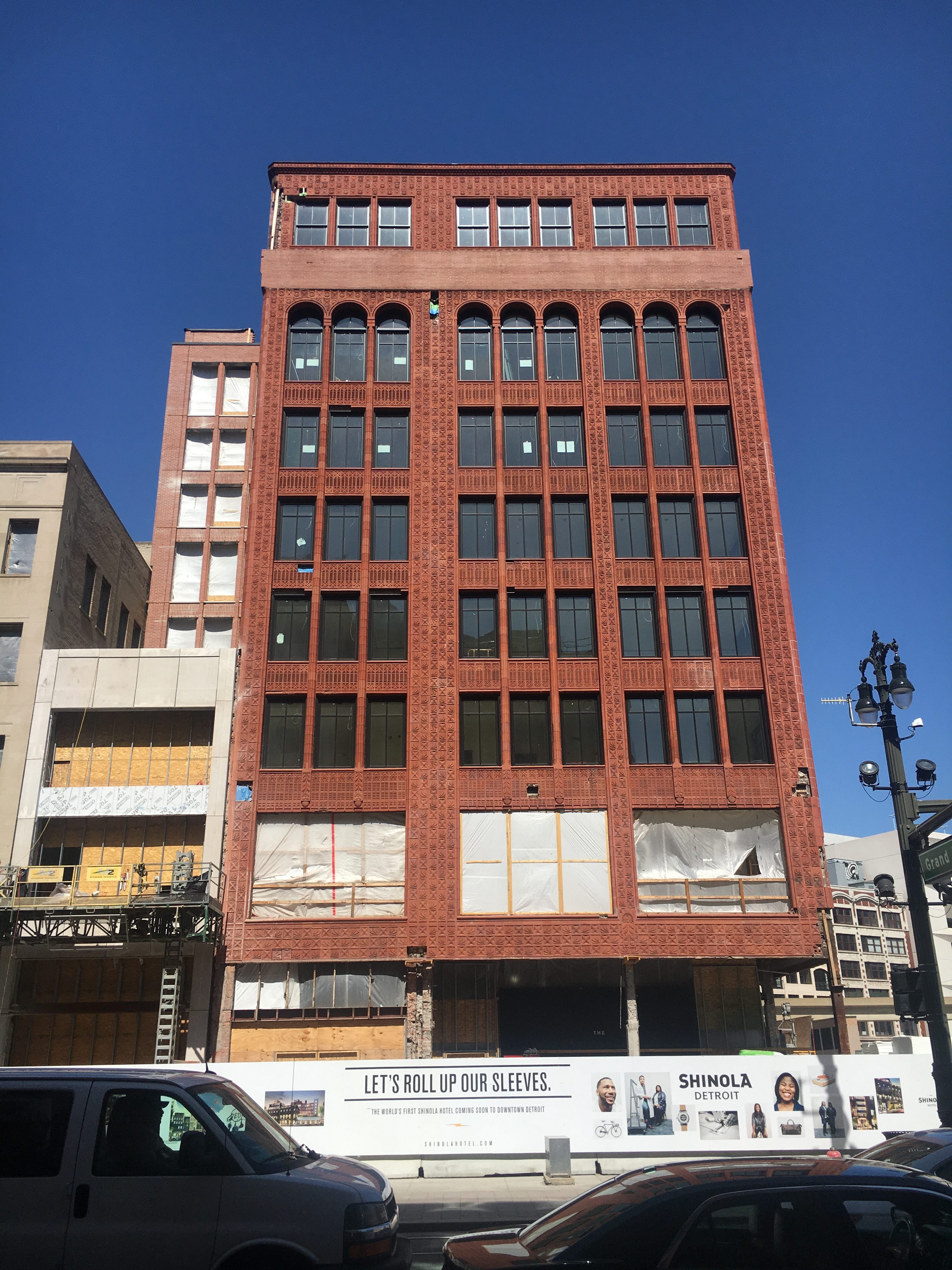
The site of the upcoming Shinola Hotel, a 130-room boutique hotel that marks the Gilbert family of companies’ first hotel development.
Shinola Hotel, named for the upscale watch brand, is another project going up behind a red, eight-story building exterior from 1915. The 130-room boutique hotel on Woodward Avenue is Bedrock’s first hotel development and will bring additional retail and restaurant space to the downtown.
These projects represent Gilbert’s vision of creating mixed-use neighborhoods in Detroit’s downtown to attract high-quality talent and employers to the area. His family of companies is now the city’s biggest employer, with a staff of 17,000, and the firm is encouraging other companies to grow through Detroit Venture Partners, a venture capital firm that invests in start-ups at up to $3 million. The firm is housed in The M@dison Building, Gilbert’s first purchase in the Detroit CBD in 2010, which is now at full occupancy.
Gilbert has also invested in StockX, a start-up founded in 2015 that authenticates high-end sneakers, street wear, handbags and watches from sellers before products get shipped to buyers. The company is housed in One Campus Martius, which has served as the Gilbert family of companies’ headquarters for the past seven years and is undergoing a $95 million expansion that will add 310,000 square feet of office space.
Beyond the CBD
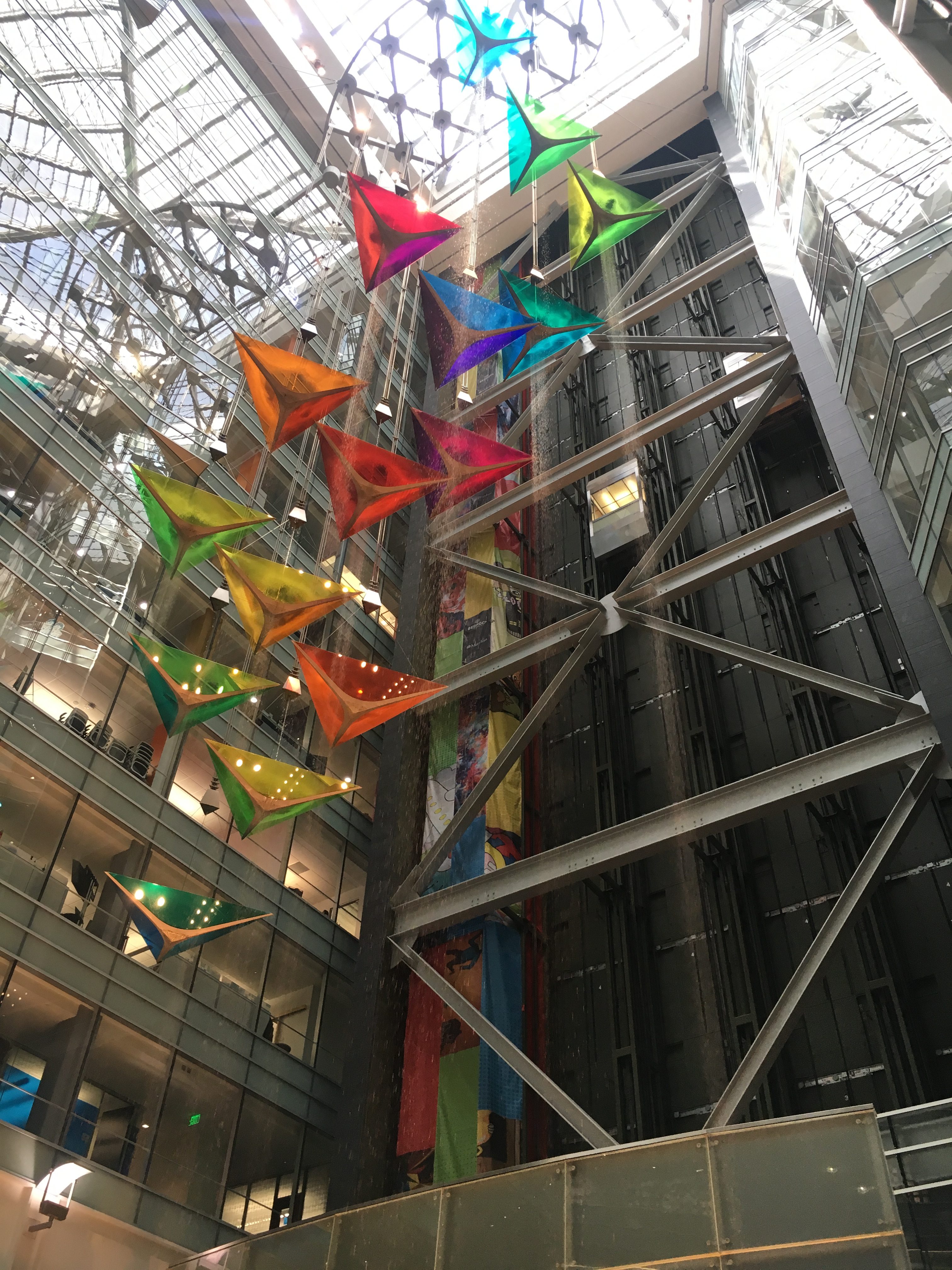
One Campus Martius, the headquarters of Quicken Loans, boasts North America’s largest indoor waterfall.
While the downtown area is Bedrock’s main focus, the firm is attempting to revitalize beyond the central business district. A short drive away is the firm’s Brush Park City Modern project, which will bring 410 new residences—for-sale and rental units—and preserve several Victorian homes that the Brush Park neighborhood is known for.
“This is the first neighborhood in decades to be built in Detroit,” noted Bruce Schwartz, a full-time tour guide and “Detroit Ambassador” for Bedrock.
Also in Brush Park, Broder + Sachse is developing The Scott at Brush Park, the only luxury apartment property in Detroit’s Midtown area and the winner of a 2017 CPE Distinguished Achievement Award.
For a city that filed for bankruptcy just five years ago, Detroit is on a path to revitalization that shows no signs of slowing down.

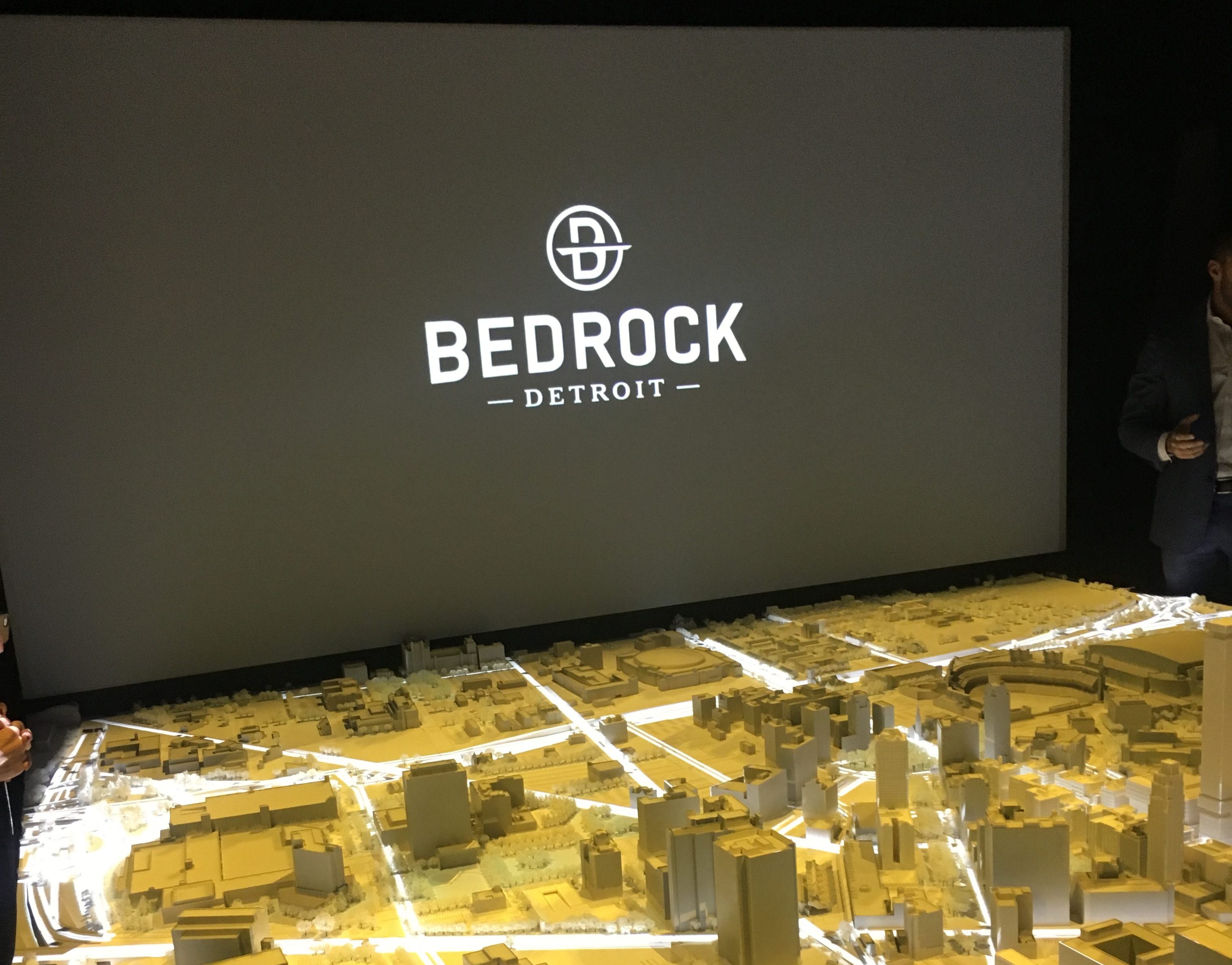
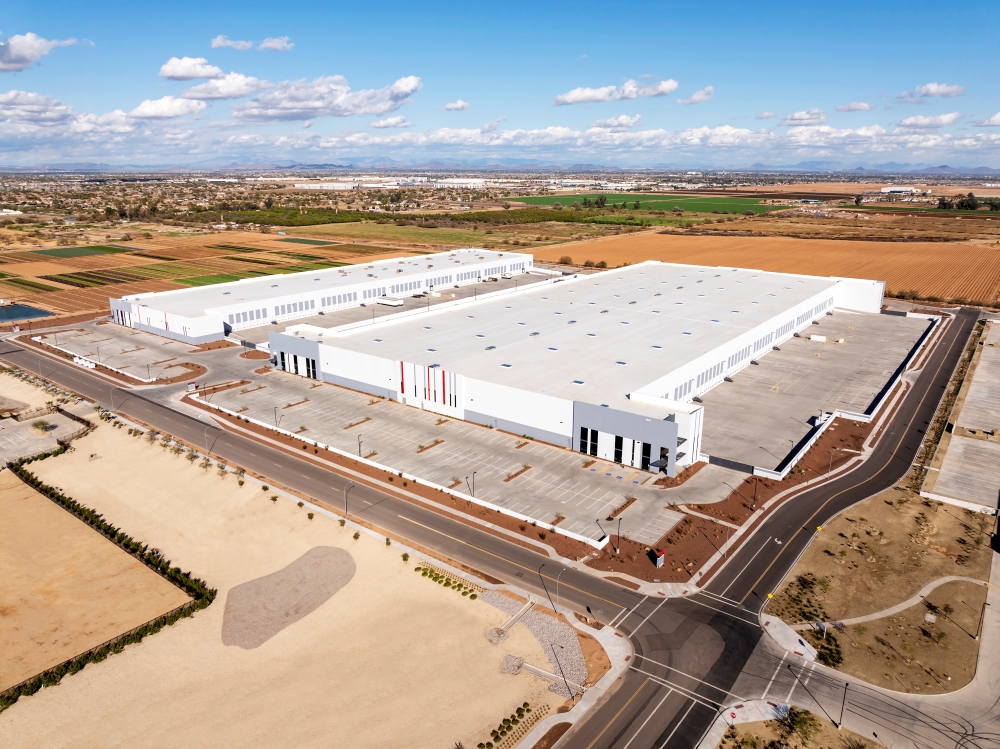
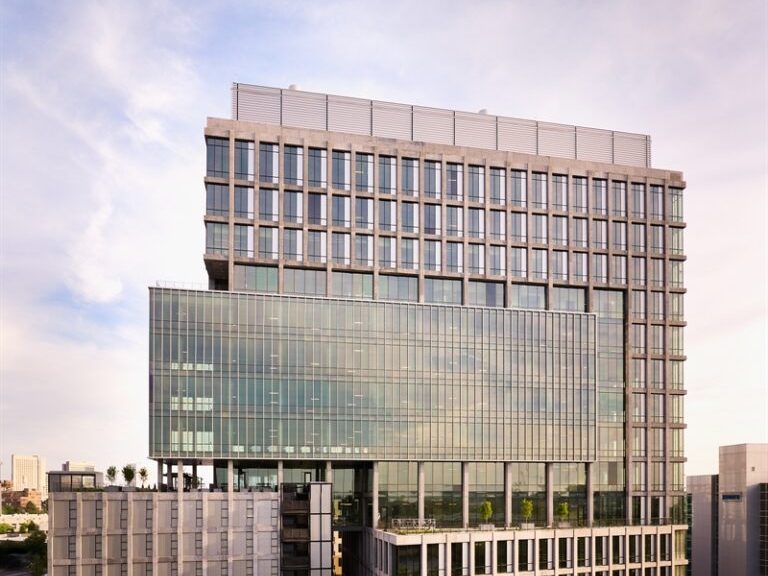
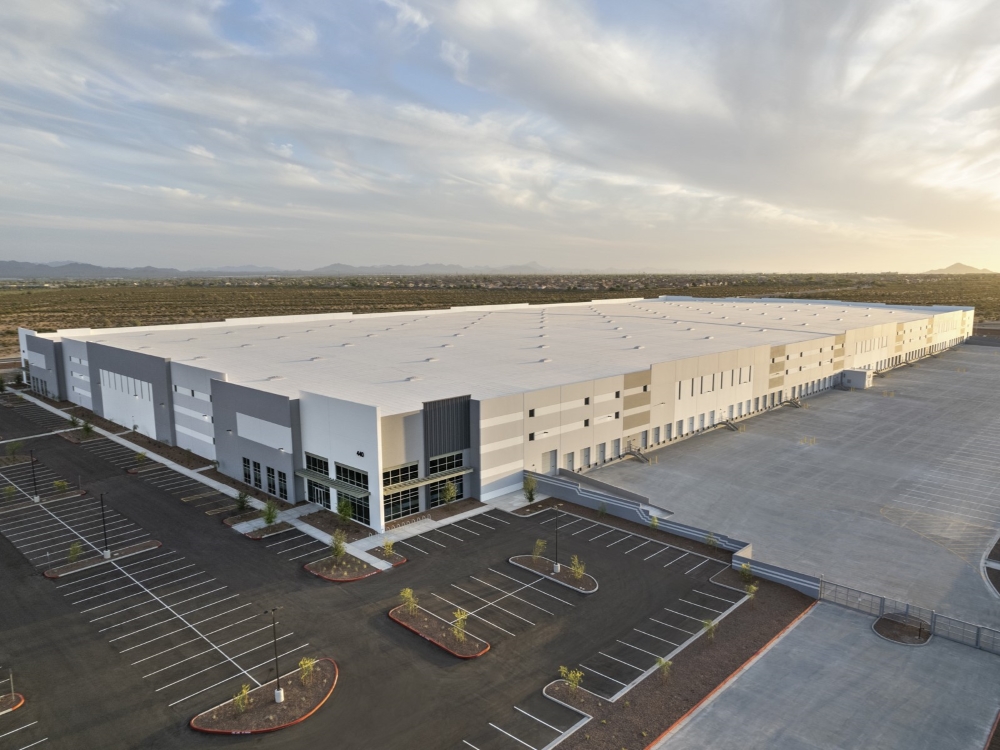
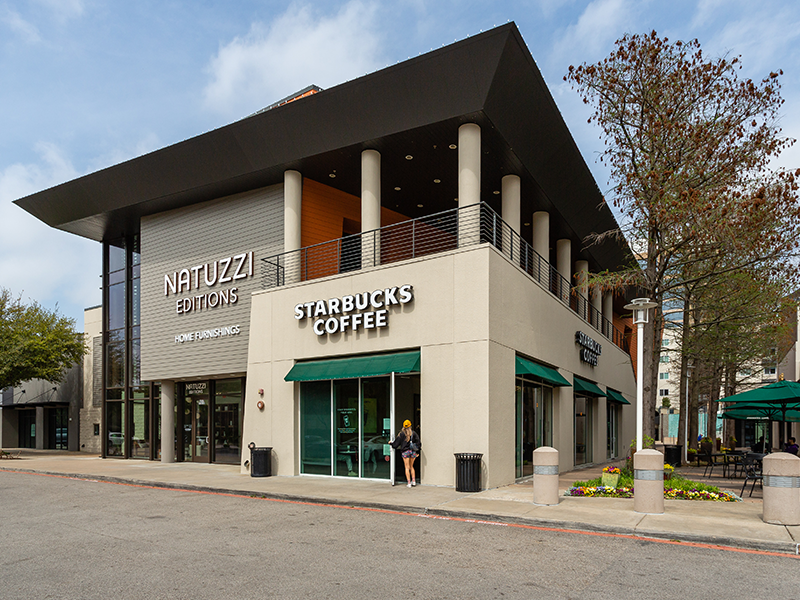
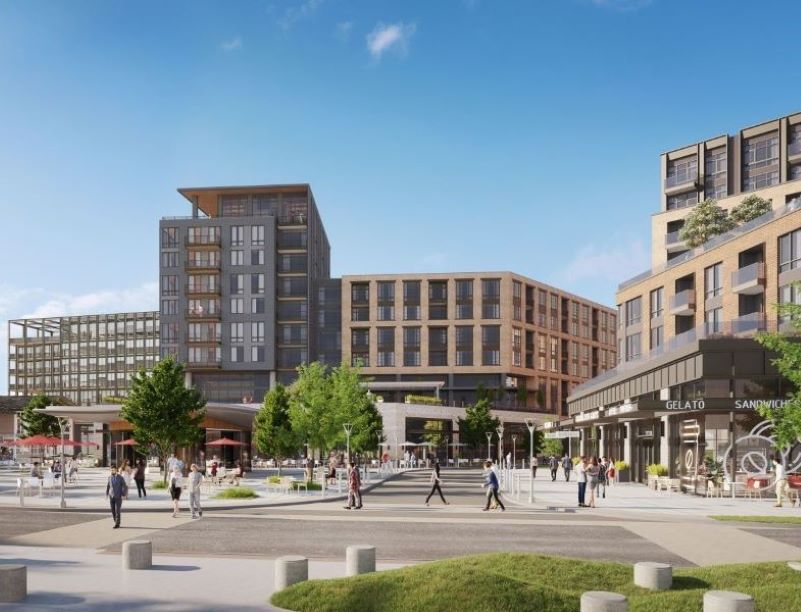
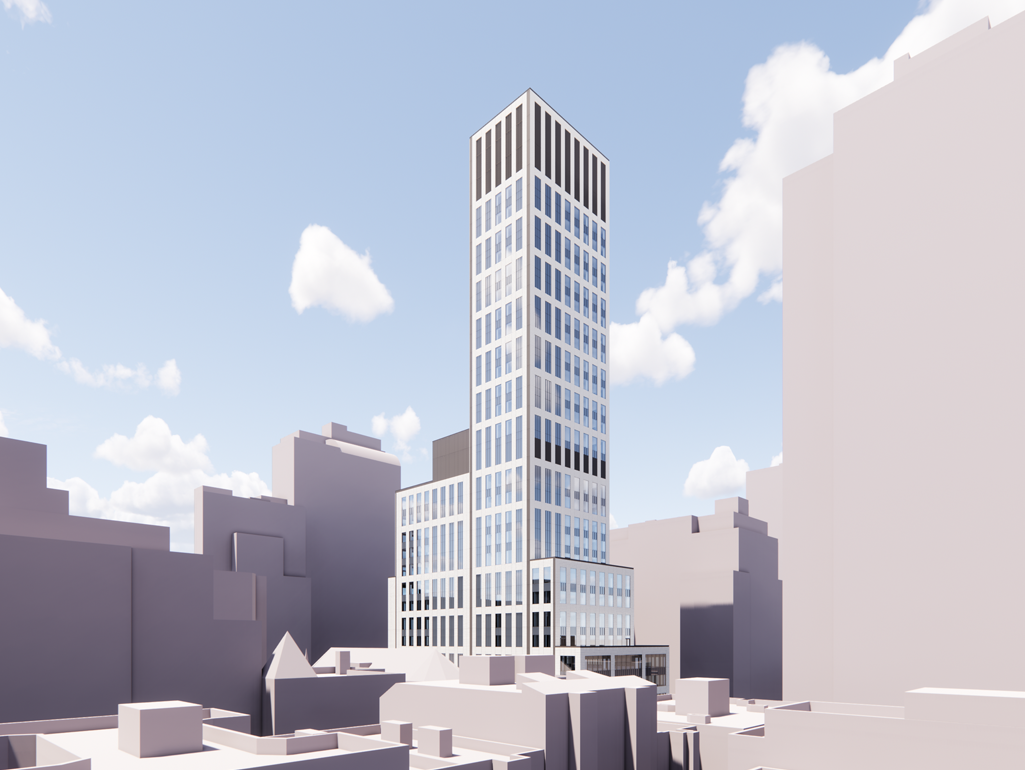
You must be logged in to post a comment.